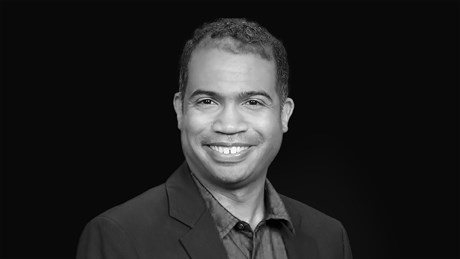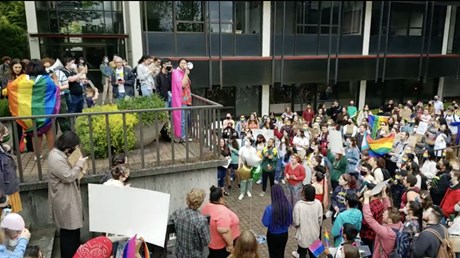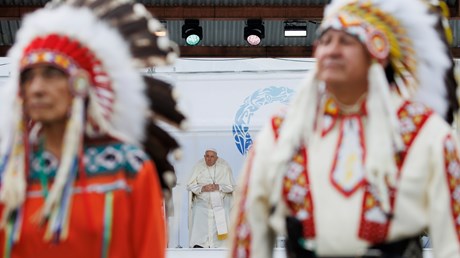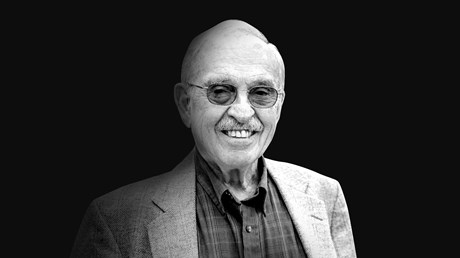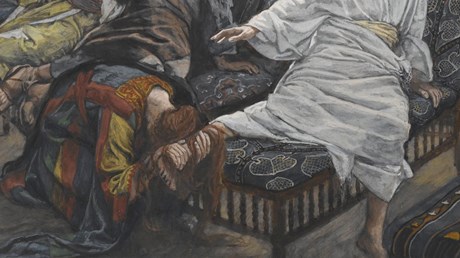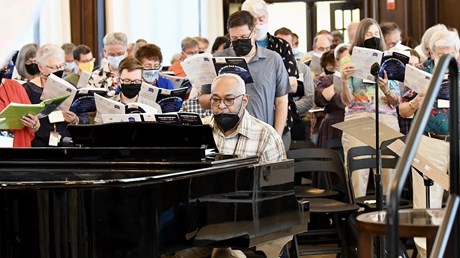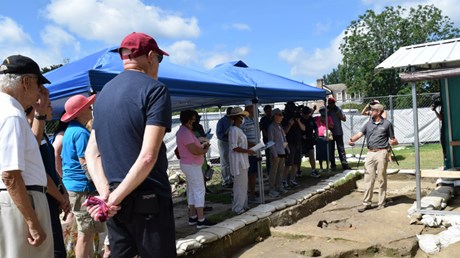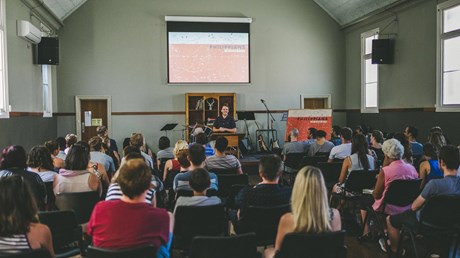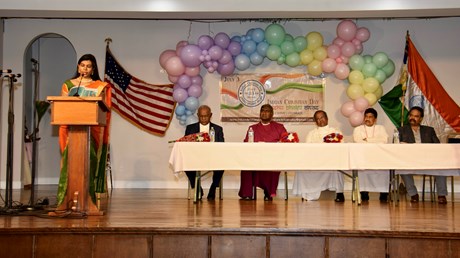Retirement sermon and celebration of Holy Trinity Brompton vicar and Alpha Course pioneer reminds us that good and faithful servants still exist.

What does a lifetime of fruitful public ministry look like? Last Sunday, Holy Trinity Brompton (HTB) tried to answer this question in a video montage marking the end of Nicky Gumbel’s 46 years of leadership at the London multisite church.
Images of people whose lives had been impacted by the senior pastor and author flashed across the screen as one incredible statistic after another scrolled past: 30 million people introduced to the Christian faith through the Alpha Course, across 140 countries and 170 languages; 2 million people fed spiritually by a Bible reading app; and 2 million meals delivered during the pandemic from HTB alone.
The July 24 video was a fitting homage to a nowadays unusual career, spanning almost five decades in the same congregation. It is rare in Anglican churches in the United Kingdom for a trainee leadership position to last more than the minimum requirement of three years, with many moving regularly to the next parish. But Nicky sat under the tutelage of HTB’s then senior leader, bishop Sandy Millar, for 19 years. He was 49 years old when he took over the church, and admitted to uncertainty about it all—feeling both too young and too old to do so.
Humility is carved into Nicky’s resume. He likes to remind people that he did not start the Alpha course he is most famously associated with. Before it was transformed into the world’s most widely-used and effective evangelistic tool, it already existed as a short course to help believers ground their faith. Nicky once admitted to me that he had been resistant to Alpha going online during the pandemic; however, when he saw how effective it was, he was excited, quoting a favorite line from G. K. Chesterton: “In order to ...
from Christianity Today Magazine https://ift.tt/eQtfTsB
